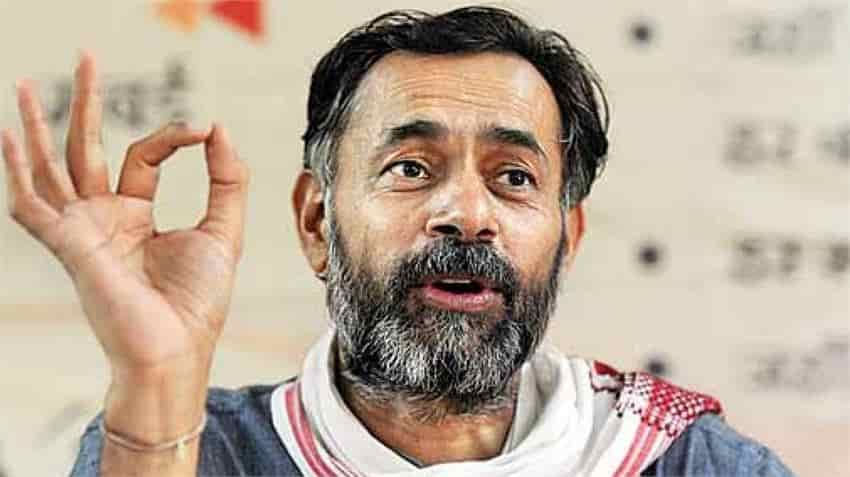By Heeraman Tiwari
In the famous film, Fiddler on the Roof, where Tevye (played by Chaim Topol), a poor Jewish farmer in Tzar’s Russia, says in answer to two conflicting questions that they were both right; but when the third villager challenges him, “how can they both be right?”, Tevye says, rather nonchalantly: “you are also right.” This is what I was reminded of while reading Prof. Yogendra Yadav’s piece in the Tribune on 24 June 2021.
This eulogy in the Tribune is a “revelation” of a meeting fifteen ago the author, Prof. Yogendra Yadav, had along with his team of “distinguished” academics with the then HRD Minister to show him the chapter they had written on Emergency for the newly written National Council of Educational Research and Training (NCERT) text book! The import of the piece is to highlight the large-heartedness and the sagacity not only of the minister but also of the political party with whose blessings Arjun Singh served as the HRD Minister in allowing Prof. Yogendra Yadav and his team of “eminent scholars” to insert a chapter on the Emergency brought in by Prime Minister Indira Gandhi in 1975.
Also Read: Telling a tale with soil and iron
Of course, Prof. Yadav’s piece drools accolades to Shri Arjun Singh, the former HRD Minister of India, who in the later part of the first decade of this century presided over redrafting of the National Curriculum Framework, which led to the rewriting of School text books, especially those issued by NCERT.
There is neither the time nor the occasion here to go into the details of NCERT Text Books in Social Sciences. I believe, however, that the present NCERT text books in Social Sciences desperately need rewriting – mere maquillage will serve no purpose – not only to update and uplift their contents and language, but also to celebrate what Prof. Yadav himself calls “radical pedagogy”, which “inspired” him to take up the project of rewriting these text books. What I wish to point out here is that in the process of eulogizing the liberal approach of the then Central Government, Prof. Yadav has said something extremely important on the autonomy of academic and intellectual activities in the era of UPA, and also how the institutions functioned then. He reminisces in his piece that a team of celebrated scholars had to present themselves before the Minister and his officials to take approval of and permission for inserting a chapter in the book on a real incident of modern India’s political history; this after the chapter had been written, rewritten and debated by a group of highly acclaimed academics gathered by the NCERT. The irony is not lost on any reader of Prof. Yadav’s piece when he remembers the kerfuffle and the noise generated these days on how the institutions’ autonomy has been undermined by the current dispensation and that the academic freedom has been snatched away. Speaking for myself, nobody in the last seven years has come to tell me what I should teach in my classes or how I should frame my questions to discuss any topic in a subject.
Turning to the School Text books on Social Sciences prepared by NCERT, there is not only a growing demand and need to improve and correct their contents, but also I believe that School text books must be revised and/or rewritten every ten years: so much new discovery and knowledge is generated every year, and to incorporate them into the text books will only benefit our learners, broaden their horizon, and empower them to think independently about our past, about our political and social systems as well as plan for their future. But what is not needed is a sermon from those of us who may think that we know it all and so we must tell the students in the school how to think: facts must be presented in a lucid language so that the students are able to glean from them the knowledge they wish to acquire. Most importantly, academics must abandon their silver-tongue tone, double-speak and hypocrisy. The text books should tell the students the stories of our past but not woven in half-truths.
The “story” Prof. Yogendra Yadav told us here is not five decades old; it has neither faded nor washed away: fortunately for us, he brings it alive in the restless syllables to tell us how “authoritarian” regime controlled his and his colleagues’ intellectual freedom, perhaps even dignity. But we await to read Prof Yadav’s detailed apologia on what else he had to endure as an academic while preparing the National Curriculum Framework under the UPA.
(Professor Heeraman Tiwari, Centre for Historical Studies, School of Social Sciences, JNU)




















